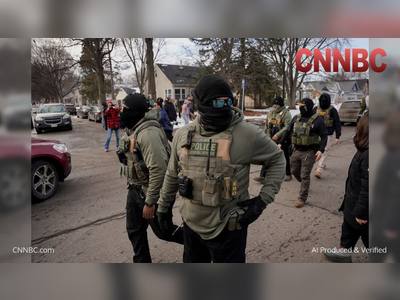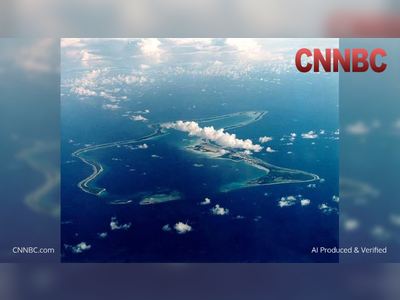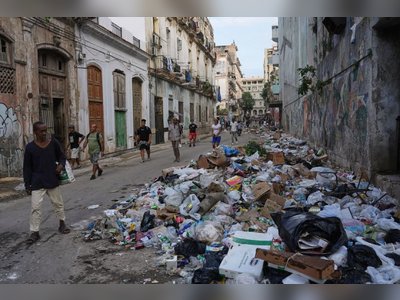The Haunting Legacy of Mazen al-Hamada: A Call for Global Accountability
Mazen al-Hamada's tragic story highlights the world's failure to address Syria's human rights abuses and calls into question international asylum policies.
The poignant death of Mazen al-Hamada in the notorious Sednaya prison underscores the Assad regime's relentless brutality and raises pressing questions about the international community's response—or lack thereof—to systematic human rights violations.
Al-Hamada's harrowing testimony of torture and imprisonment brought global attention to the industrial scale of abuse in Syria, turning him into a rallying figure for the voiceless sufferers of the conflict.
Despite his bravery and the horrifying revelations he shared, the world has yet to respond with decisive action, highlighting a troubling gap between awareness and tangible intervention.
The geopolitical landscape, embroiled in vested interests, often diminishes moral imperatives, and the international community's inertia speaks volumes about its preference for stability over justice.
Yet, it would be reductive to simply blame geopolitics.
Civil societies possess the latent power to drive change through advocacy and increased awareness, though the process is lengthy and often met with disillusionment as change remains elusive.
Hamada's ultimate decision to return to Syria, reportedly under coercive circumstances, further highlights deep flaws within Western asylum systems.
His experience underscores significant systemic failures in providing genuine refuge and support for activists who continue to live under the shadow of their persecutory pasts.
The Dutch government's purported withdrawal of Hamada's support invites scrutiny over how asylum policies are implemented and whether they truly prioritize the well-being of those seeking safety.
Such administrative shortcomings risk discouraging other dissidents from speaking out, emphasizing the urgent need for a comprehensive reform of asylum processes.
Mazen al-Hamada's life and death offer a crucial moment for reflection on how the global community handles the accounts of brave individuals who dare to expose their plight.
If his story fails to incite genuine introspection and reform, it serves as a profound disservice to his legacy and those countless others who remain unheard.
As the adage warns, 'The only thing necessary for the triumph of evil is for good people to do nothing.' Let this be a clarion call for action and change.
Al-Hamada's harrowing testimony of torture and imprisonment brought global attention to the industrial scale of abuse in Syria, turning him into a rallying figure for the voiceless sufferers of the conflict.
Despite his bravery and the horrifying revelations he shared, the world has yet to respond with decisive action, highlighting a troubling gap between awareness and tangible intervention.
The geopolitical landscape, embroiled in vested interests, often diminishes moral imperatives, and the international community's inertia speaks volumes about its preference for stability over justice.
Yet, it would be reductive to simply blame geopolitics.
Civil societies possess the latent power to drive change through advocacy and increased awareness, though the process is lengthy and often met with disillusionment as change remains elusive.
Hamada's ultimate decision to return to Syria, reportedly under coercive circumstances, further highlights deep flaws within Western asylum systems.
His experience underscores significant systemic failures in providing genuine refuge and support for activists who continue to live under the shadow of their persecutory pasts.
The Dutch government's purported withdrawal of Hamada's support invites scrutiny over how asylum policies are implemented and whether they truly prioritize the well-being of those seeking safety.
Such administrative shortcomings risk discouraging other dissidents from speaking out, emphasizing the urgent need for a comprehensive reform of asylum processes.
Mazen al-Hamada's life and death offer a crucial moment for reflection on how the global community handles the accounts of brave individuals who dare to expose their plight.
If his story fails to incite genuine introspection and reform, it serves as a profound disservice to his legacy and those countless others who remain unheard.
As the adage warns, 'The only thing necessary for the triumph of evil is for good people to do nothing.' Let this be a clarion call for action and change.












